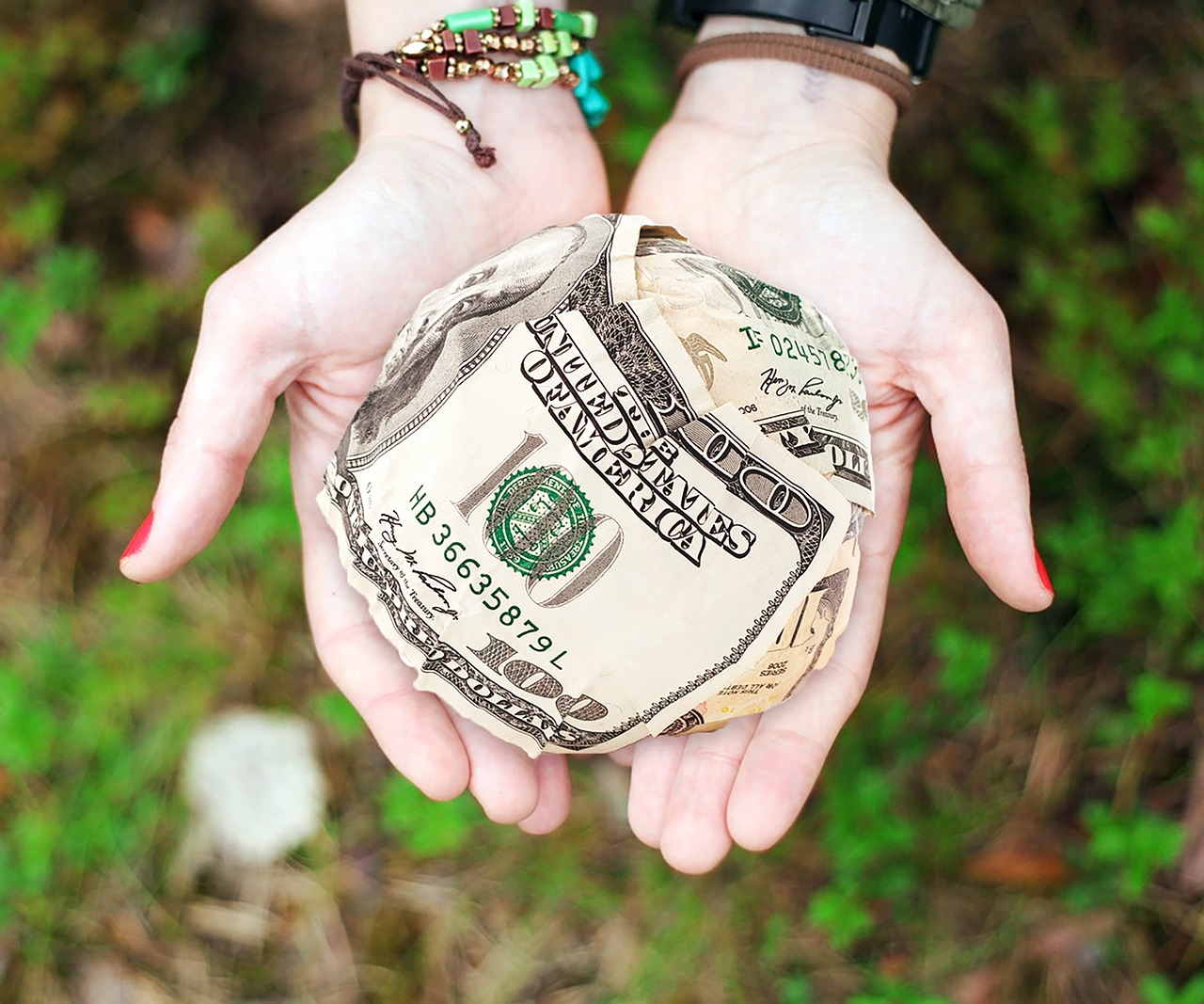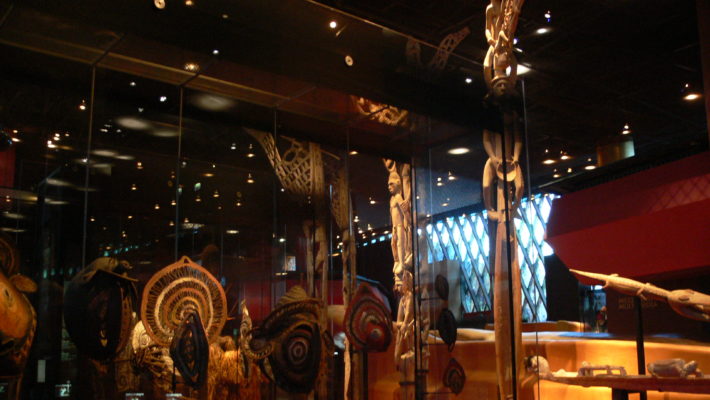If you’re an old millennial—a Ninja Turtles on NES millennial—you might remember those TV ads showing hungry African children as a means to solicit charity donations. If the images disturbed you, you could dial in, tell them your Visa number, and soothe that gnawing pang of guilt. At least for a while.
This is poverty porn, exploitative imagery made by the privileged, for the privileged, depicting the underprivileged in a dehumanizing way for financial purposes. Or, arguably, on some other level, for entertainment. Those 1980s Save the Children ads mercifully went out of style, but poverty porn persists in other manifestations. Here’s why it’s so destructive, and what you can do about it.
The Colonial Gaze Robs People of Their Dignity
Instead of portraying people in their dignity, empowered and at their best, poverty porn puts humans on display in dehumanizing situations. It never asks how the subjects would portray themselves. These images are not products of marginalized communities. They’re made by outsiders who are usually white or western, and live as part of the global colonial establishment.
Poverty porn is inseparable from the colonial gaze. And just as the male gaze dehumanizes women in cinema, the colonial gaze dehumanizes Black people and people of color around the world by showing them amidst famine, disease, war or struggle (or even smiling, but in a context of struggle).
Poverty Porn Reinforces ‘The White Man’s Burden’
This bolsters the narrative that people of color are floundering and incompetent. It’s especially prevalent in how the western lens depicts Africa, typically as a homogeneously impoverished and war-torn cesspool, instead of a vibrant continent of diverse nations, thriving and autonomous.
It’s easy to see why this is insulting. But it’s not just about the lack of respect. This narrative of struggling POC is white supremacist. It reproduces the myth of the “White Man’s Burden,” a term first coined by Kipling in his poem by the same title. The poem describes the responsibility of the “best ye breed” to spread across the globe and rescue the nonwhites, who are but “Half-devil and half-child”, from their savage, unenlightened ways. Kipling’s sentiment echoes throughout Manifest Destiny, the Doctrine of Discovery, and religious missionary work. And, though his wording seems extreme, it lives on in contemporary charity organizations’ use of poverty porn.
And it doesn’t work. Colonial paternalism “does not help but exacerbates the local problem and makes the local community dependent on foreign sources,” according to Daniel Carro, professor of divinity at The John Leland Center for Theological Studies. While he was speaking specifically of American Christian missionaries working in Africa, the principle applies to international charity work more generally.
Poverty porn is damaging because it keeps telling the same old story: that non-white people need a white savior. This is the story of so-called international development. And as Michael Hobbes put it in his New Republic article on disastrous development efforts in the third world, “maybe the problem isn’t that international development doesn’t work. It’s that it can’t.”
The Elephant in the Room, Which Poverty Porn Ignores
This brings us to the elephant in the room, the thing that poverty porn tries so hard to get us to ignore. Why are marginalized parts of the globe marginalized in the first place? And why do white westerners have so much guilt about it?
Most poor countries are marginalized because neoliberalism marginalizes them. The western world is built on a system of resource exploitation that can only exist by impoverishing, dispossessing, enslaving and murdering outsiders. Western consumerism depends upon the sustained exploitation of these countries’ resources and labor. Patching up septic systems or sponsoring a goat isn’t going to change that.
Poverty porn taps and exploits latent reservoirs of guilt in the viewer’s consciousness. And benefiting from western colonial empire is a perfectly good thing to feel guilty about. Unfortunately, throwing money at poverty porn isn’t going to make the guilt go away, because it doesn’t fix the problem. So what’s a well meaning person to do?
What To Do With All That Guilt Then
The key is to first support images and narratives produced by marginalized communities themselves. Listen to their stories. Read articles written by—not about—Black or indigenous people of color. Share them. Support marginalized voices in your community, and when they say something that makes you uncomfortable, take it as a gift. That’s growth.
Second, support leadership from within marginalized communities instead of outsiders trying to lead them. Support Cambodian startups founded and run by Cambodians. Vote for indigenous politicians. Empower impoverished communities to make their own decisions and chart their own courses, even when it conflicts with your interests. Ask what they need instead of offering what you think they need.
British charity Comic Relief caught onto this last year. After a critic publicly called them out, they decided to scrap the white savior imagery and start running ads that showed community members speaking for themselves. There are lots of people in need, and giving money is a good thing. But you can do that without supporting poverty porn or replicating colonial narratives. The marginalized world need accomplices, not saviors.



